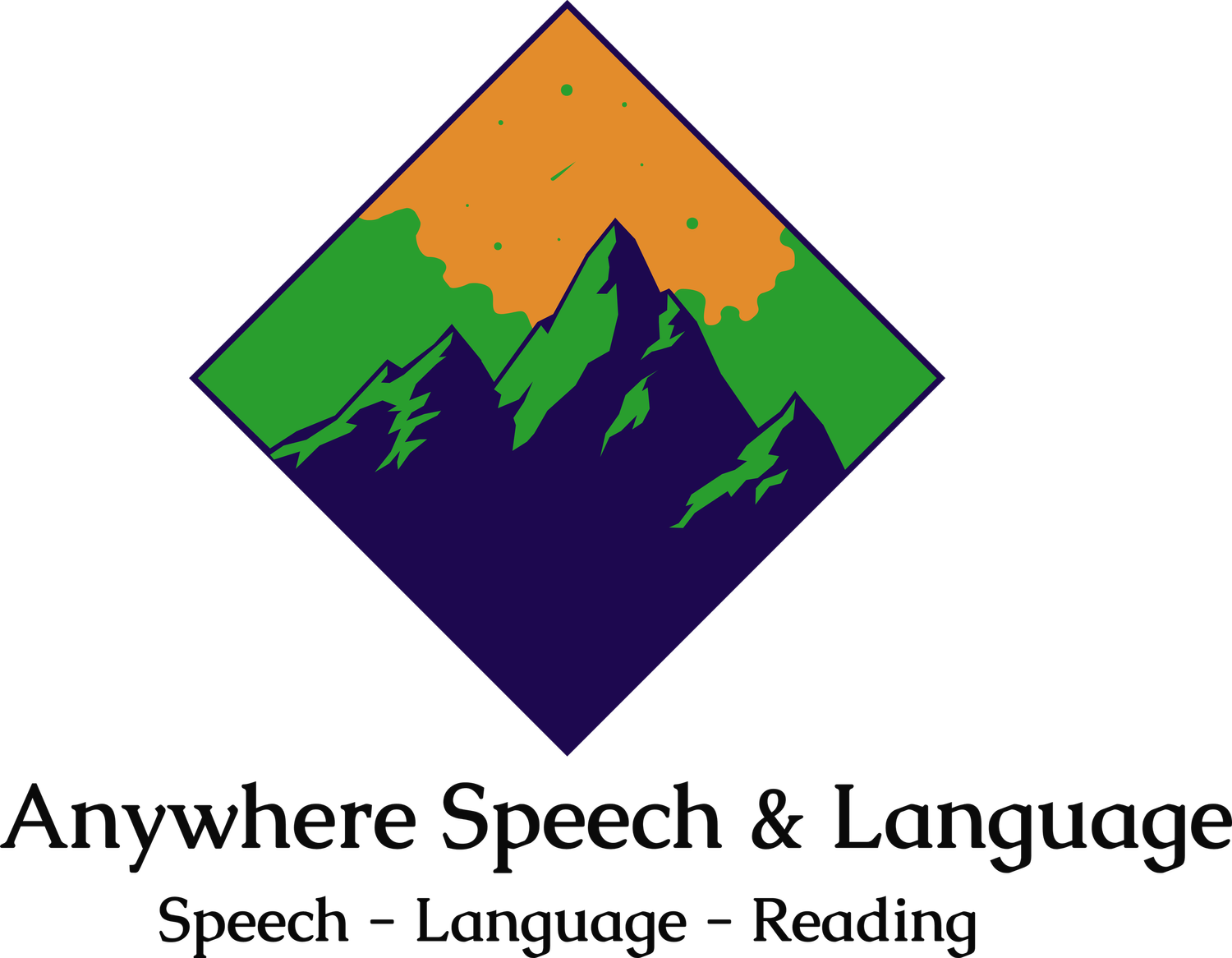
Expressive Language Disorder Solutions
We are dedicated to providing exceptional cognitive speech therapy services to individuals facing speech issues, and especially mixed receptive expressive language disorder. Our mission is to empower clients of all ages, whether they are children with developmental delays, including those with mixed receptive expressive language disorders, or adults dealing with neurological conditions. We offer a range of specialized therapies tailored to address expressive and receptive needs. With online options, we ensure flexible and accessible support for your communication and language challenges like expressive speech delay.
Expressive Speech Delay
It refers to difficulties in vocabulary acquisition, sentence formation, and word recall. Children with this condition often have intact comprehension but struggle with expressing their thoughts clearly and using complex language structures.
Understanding Expressive Speech Delay
It can impact a child's ability to articulate thoughts and engage in conversations. This disorder can affect academic performance, social interactions, and overall communication development. It is crucial to address these challenges early to support the child's language development and confidence.
Key Features and Indicators
Delayed Vocabulary Development: Children may have a limited vocabulary compared to their peers, making it challenging to express themselves accurately.
Difficulty with Sentence Formation: Struggles with creating grammatically correct and complex sentences can hinder effective communication.
Word Recall Issues: Difficulty recalling and using the right words during conversations can lead to frustration and communication breakdowns.
Treatment Approaches
Personalized Therapy Plans: Treatment is tailored to each child’s specific needs and may include engaging methods such as interactive play, language games, and storytelling.
Language Enrichment Activities: Using books, visual aids, and interactive materials can help expand vocabulary and improve sentence structure.
Parental Involvement: Educating and involving parents in the therapy process ensures that language development continues at home, reinforcing skills learned during sessions.
Ongoing Evaluation: Regular assessments help track progress and adjust therapy goals as needed to support the child's development.
Receptive-Language Disorder
It involves difficulties in understanding and processing spoken or written language. Individuals with this disorder may struggle to follow directions, comprehend questions, or grasp the meaning of conversations.
Understanding Receptive Disorders
These skills are fundamental for effective communication. Challenges in this area can significantly impact academic performance, social interactions, and daily functioning. Addressing receptive-language difficulties requires targeted interventions to improve comprehension and processing abilities.
Key Features and Indicators
Difficulty Following Directions: Individuals may struggle to understand and follow verbal or written instructions.
Challenges with Comprehension: Understanding complex language, questions, or conversations can be problematic.
Limited Vocabulary Understanding: Difficulty grasping the meaning of words and phrases can hinder effective communication.
Treatment Approaches
Structured Language Exercises: Engaging in activities that focus on following directions and understanding language can improve receptive skills.
Interactive Activities: Using visual aids, stories, and interactive materials helps enhance comprehension and processing abilities.
Customized Therapy Plans: Therapy is tailored to individual needs, focusing on specific areas of difficulty and setting achievable goals for improvement.
Progress Monitoring: Regular evaluations track progress and adjust therapy strategies to ensure continued development.
Mixed Receptive Expressive Language Disorder
Mixed receptive expressive language disorder is characterized by difficulties in both understanding and producing language. Individuals with this disorder face challenges in comprehending spoken language and expressing their own thoughts clearly.
Understanding Mixed Receptive Expressive Language Disorder
This disorder impacts both receptive and expressive language skills, leading to significant communication barriers. It can affect academic performance, social interactions, and overall quality of life. Addressing both receptive and expressive language difficulties is essential for improving communication abilities.
Key Features and Indicators
Comprehension Challenges: Difficulty understanding spoken language, following directions, and grasping the meaning of conversations.
Expression Difficulties: Struggles with articulating thoughts, forming sentences, and using appropriate vocabulary.
Impact on Daily Life: Communication barriers can affect academic success, social relationships, and overall functioning.
Treatment Approaches
Integrated Interventions: Therapy addresses both receptive and expressive language difficulties through a combination of techniques and strategies.
Comprehensive Therapy Plans: Customized plans focus on improving comprehension skills, vocabulary development, and sentence formation.
Interactive and Engaging Methods: Using games, visual aids, and real-life scenarios helps reinforce learning and promote progress in both areas.
Ongoing Support: Regular therapy sessions and progress evaluations ensure continued development and address emerging challenges.
Why Choose Us?
We are committed to providing high-quality, personalized therapy for a wide range of speech and language disorders. Our experienced therapists use evidence-based practices to develop customized treatment plans that address individual needs and promote effective communication.
Our Commitment to Excellence
Expert Therapists: Our team of skilled therapists is dedicated to delivering effective and compassionate care, specializing in mixed receptive expressive language disorder and other speech and language challenges.
Flexible Therapy Options: We offer online teletherapy services, ensuring accessibility and convenience for clients with mixed receptive expressive language disorder and other needs.
Client-Centered Approach: We prioritize the unique needs and goals of each client, developing personalized treatment plans specifically tailored to address mixed receptive expressive language disorder and promote progress.
Comprehensive Support: Our services encompass a wide range of speech and language disorders, with a special focus on mixed receptive expressive language disorder, cognitive therapy, expressive-delay, and receptive-language disorder.
Testimonials


